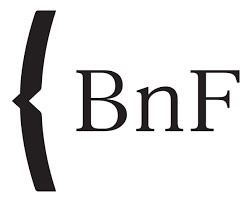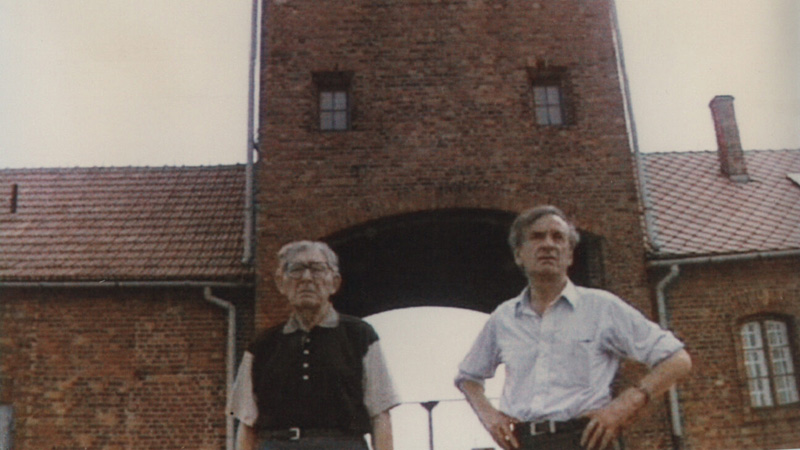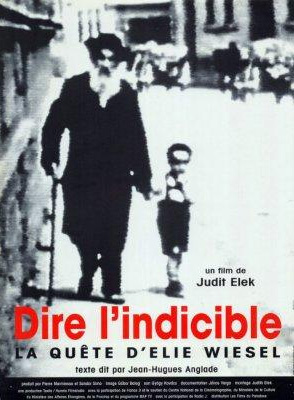Dire l'indicible - La Quête d'Elie Wiesel
-
Réalisé par Judit Elek • Écrit par Judit Elek
-
Hongrie, France • 1996 • 110 minutes • 35 mm • Couleur
- Réalisation :
Judit Elek - Écriture :
Judit Elek - Image :
Gabor Gábor Balog - Montage :
Judit Elek - Voix off :
Jean-Hugues Anglade - Musique originale :
László Melis - Sound design :
György Kovács
- Production (personne) :
Pierre Marmiesse, Sandor Simo, Judit Elek - Production (structure) :
Taxila - Coproduction :
Danielfilm Studio, Hunnia Filmstudio, Neuropa - Diffuseur :
France 3 Cinéma - Participation :
CNC, Ministère de la Culture et de la Francophonie, Ministère des Affaires étrangères, Procirep - Ayant droit :
Taxila
- N° ISAN :
non renseigné
Résumé
Ce film évoque une époque cruciale de la vie d'Elie Wiesel, écrivain et prix Nobel de la Paix, qui vit à New-York, enseigne en anglais et - comme il le dit dans le film - rêve en yiddish. Elie Wiesel ne peut oublier qu'il est né à l'ombre des Carpates. Ce film l'accompagne dans le voyage forcé qu'il a dû effectuer il y a cinquante ans jusqu'à Buchenwald en passant par Auschwitz et Birkenau. En même temps que les images, le monologue d'Elie Wiesel fait revivre le jeune garçon de 15 ans et emporte le spectateur dans son terrible voyage.
"Judit Elek’s final, more widely internationally recognised film (as well as her last to be screened in its day at IFFR) is a documentary journey with writer/activist/academic Elie Wiesel. It explores several key places from his past including his hometown, Sighet, then and now Romanian but between 1940 and 1944 ruled by Hungary, and Oświęcim, infamous under its German name Auschwitz, where Wiesel survived the horrors of Nazi death camps. In Sighet, he meets people who still remember the last vestiges of the old Jewish culture young Elie was raised in, including an elderly man who turns out to be the brother of the Wiesel family’s doctor.
Memories abound in Auschwitz, where Wiesel speaks about what is deemed unspeakable. The journey is framed by two speeches he gave: one at the inauguration of the United States Holocaust Memorial Museum, and another upon receiving his Nobel Peace Price in 1986. These moments are interspersed with choice historical film materials. [...]"
(Olaf Möller - IFFR International Film Festival Rotterdam)
Mot(s)-clé(s) thématique(s)
Sélections et distinctions
- 1996 • Quinzaine des Réalisateurs • Cannes (France) • Sélection officielle
- 1996 • Karlovy Vary International Film Festival • Prague (République tchèque) • Sélection
- 1996 • Chicago International Film Festival • Chicago (États-Unis) • Prix Getz pour la Paix
- 1996 • TIFF - Toronto International Film Festival • Toronto (Canada) • Sélection
Comment avoir accès au film ?
- Sortie en salle
-
Édition DVD
- Il n'existe pas d'édition DVD à notre connaissance
-
Accès VOD
- Il n'existe pas d'accès en VOD à notre connaissance
- Diffusion non commerciale / Consultation




